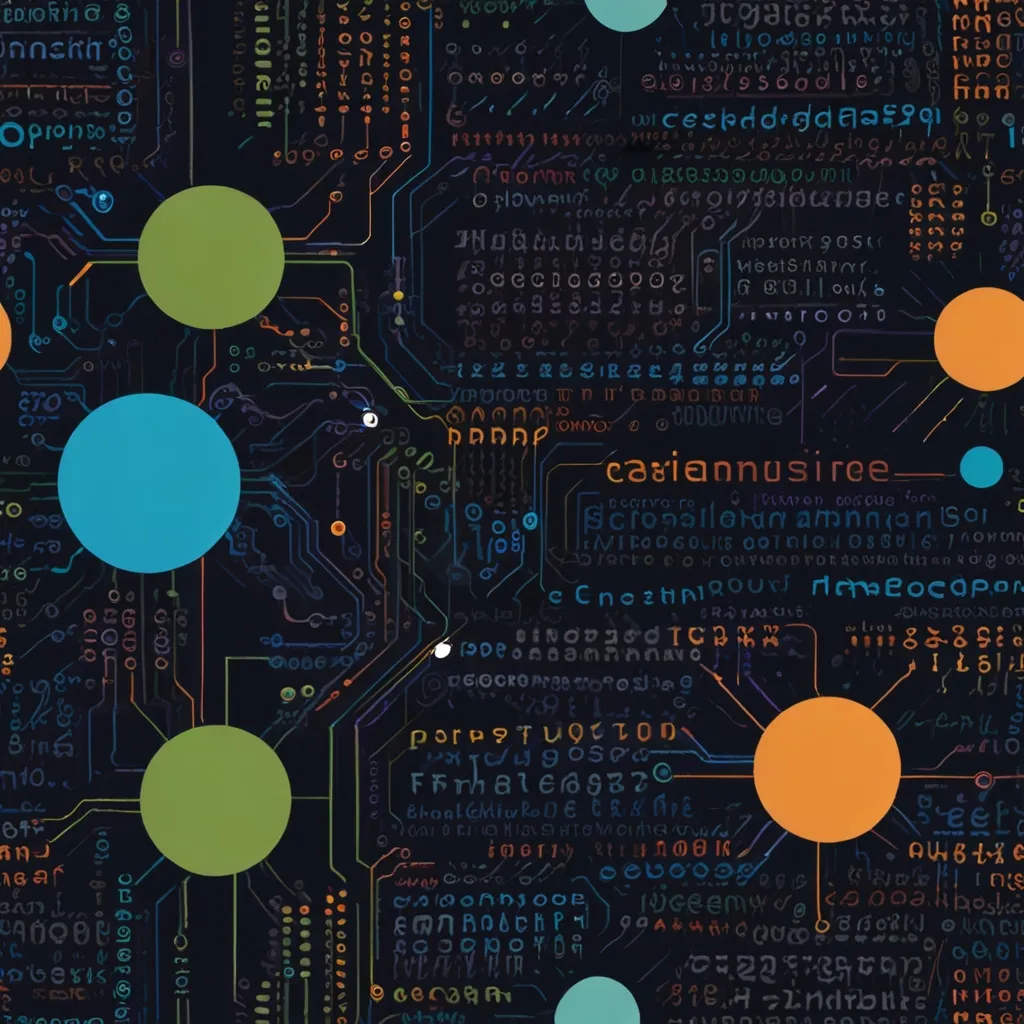In the whirlwind world of design, engineering, and software development, there’s a backbone principle that’s hard to miss: the KISS principle, or “Keep It Simple, Stupid.” First brought to light by the savvy folks at the U.S. Navy in 1960, this principle thrives on the idea that simplicity is golden. Systems work best when they aren’t tangled in unnecessary complexity.
How KISS Came to Be
The KISS principle got its military creds through Kelly Johnson, a lead engineer at Lockheed Skunk Works. He had this knack for challenging his team to whip up jet aircraft that were so straightforward that an average mechanic with minimal tools could patch them up on the field. This wasn’t just some quirky idea; it was driven by the need for simplicity in critical situations where complexity could lead to disaster.
Keeping It Simple in Software Development
When it comes to software development, the KISS principle is like the holy grail. Imagine writing code that’s clean, easy to read, and doesn’t make your brain hurt. Yeah, that’s the dream! But how do you get there? By ditching unnecessary abstractions and overly complex algorithms. Let’s look at a simple Java program that calculates the average of a list of numbers. You could go bonkers with multiple classes and interfaces or keep it chill with a single method and a loop.
public class AverageCalculator {
public static double calculateAverage(int[] numbers) {
int sum = 0;
for (int number : numbers) {
sum += number;
}
return (double) sum / numbers.length;
}
public static void main(String[] args) {
int[] numbers = {1, 2, 3, 4, 5};
double average = calculateAverage(numbers);
System.out.println("The average is: " + average);
}
}
Now, that’s some straightforward code. Easy to read, easy to maintain, and way less likely to mutate into a bug fest.
Why Simplicity Rocks
Simplicity isn’t just some minimalist’s dream. It has real, tangible benefits. In software development, simpler codebases mean more manageable and modifiable systems. Plus, fewer bugs! Users also get a kick out of simpler systems because they’re easier to wrap their heads around, leading to higher satisfaction.
In engineering, simplicity means crafting machines and structures that are a breeze to operate and maintain. Fewer components in a car engine? That’s less headache when something goes wrong.
KISS Across Different Fields
But hold up, the KISS principle isn’t just hanging out with software developers and engineers. It’s got its fingers in journalism, advertising, and even business management. In journalism, KISS keeps stories sharp and easy to digest. Advertising? Quick, catchy messages grab attention faster.
In the business realm, processes and strategies that are straightforward streamline operations. A simple organizational structure means a company can be more nimble and responsive to market changes.
Dodging the Complexity Pitfall
A core idea in the KISS principle is dodging unnecessary complexity. It’s not about stripping systems down to bare bones but about axing the fluff that adds no true value. In software, this could mean avoiding over-engineering and sticking to what’s necessary.
Take a web app that needs to authenticate users. You could go the high-wire act with biometric data and two-factor authentication. But if super high security isn’t a must, a straightforward username and password system might do the trick.
Nailing the Balance
The trick to making KISS work is finding that sweet spot between simplicity and functionality. Go too simple, and you might end up with a system that can’t do what it’s supposed to. It’s a tightrope walk but striking that balance is crucial for ensuring the system does its job without dragging along unnecessary complexity.
Real-Life Examples
KISS is all over the place in the real world. Look at programming languages like Python, Ruby, and JavaScript. These bad boys are designed to be user-friendly with simple syntax to reduce the head-scratching complexity of coding.
In animation, KISS stops characters from bouncing off the walls with too much movement. The pros know that keeping it simple and focused delivers a much better result.
The Flip Side and Misunderstandings
KISS isn’t all rainbows and unicorns, though. It’s got its challenges. One biggie is finding that balance between simplicity and functionality. There’s always a risk of oversimplifying to the point where the system just doesn’t cut it anymore.
Another myth is that simplicity equals lower quality. That’s a big nope. Simplicity should never come at the cost of essential functionality or quality. It’s about making systems more understandable, maintainable, and reliable by staying focused on what’s essential.
Wrapping It Up
The KISS principle is a timeless design philosophy that screams for simplicity. Keeping things simple translates to creating systems that are efficient, manageable, and user-friendly. Whether you’re knee-deep in software development, engineering, or balancing business strategies, simplicity is the secret sauce for better performance and less headache-inducing complexity.
In a nutshell, the KISS principle isn’t just some rulebook guideline. It’s a mindset that can seriously transform how systems are designed and implemented. Next time you’re sketching out a system or coding away, channel your inner KISS. Keep it simple, stupid.






